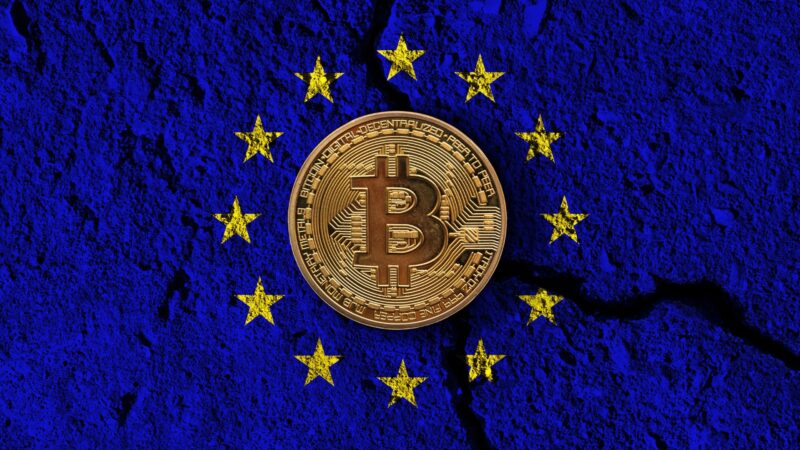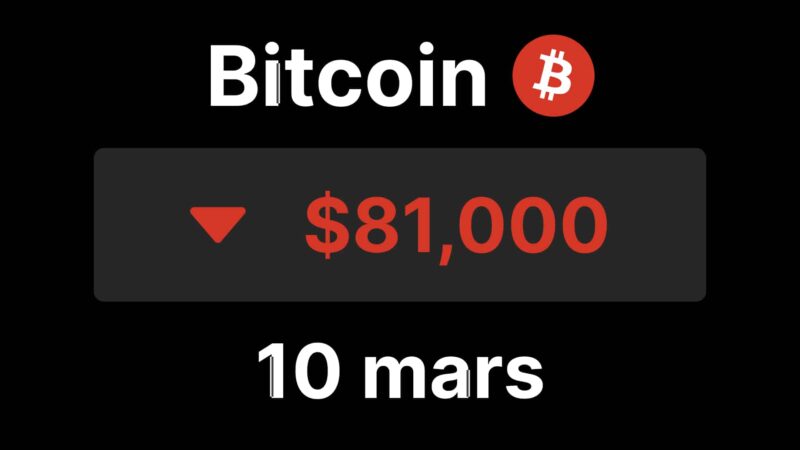The cryptocurrency exchange platform Binance has removed the Nigerian currency, the naira, from its peer-to-peer (P2P) service following a request for compensation of $10 billion by the Nigerian government. This decision comes in the midst of increasing tensions between the platform and local authorities, who accuse Binance of contributing to the devaluation of the naira.
The Withdrawal of the Naira and Compensation Demands
Bayo Onanuga, special adviser to Nigerian President Bola Tinubu, revealed during an interview with BBC on March 1st the request for compensation as a measure to stabilize the local currency. According to Onanuga, Binance would represent a threat to the Nigerian economy by arbitrarily setting foreign exchange rates.
Binance’s P2P function, which allows users to trade directly with each other without intermediaries, became popular in Nigeria in 2021 following the government’s ban on the flourishing cryptocurrency industry under former President Muhammadu Buhari’s administration.
The Consequences of the Naira Devaluation
The rapid devaluation of the naira and the
Nigerian cryptocurrency users had already reported difficulties in accessing various cryptocurrency exchange sites, including Binance and OctaFX. Shortly after, Binance imposed a limit on the selling price of Tether (USDT) tokens on its P2P platform, preventing traders from selling USDT for more than 1,802 naira per USDT.
Increased Scrutiny of Binance in Nigeria
Binance is under increased scrutiny in Nigeria, with the Central Bank of Nigeria (CBN) expressing concern about ‘suspicious’ fund flows through Binance Nigeria in 2023. Olayemi Cardoso, head of the CBN, highlighted that $26 billion had passed through Nigeria via Binance in 2023, originating from unidentified sources and users.
Reports also indicate that the National Security Adviser’s office detained two senior Binance officials in Abuja as the country seeks to regulate cryptocurrency exchanges to control speculation around the naira.
Local cryptocurrency analysts have expressed their disappointment with the government’s hostility towards cryptocurrencies in solving the country’s foreign currency challenge.




